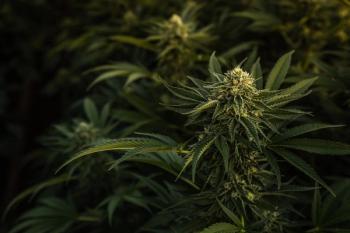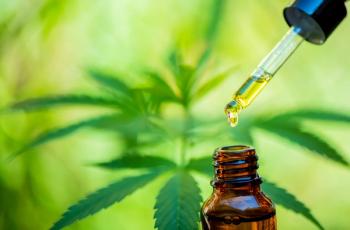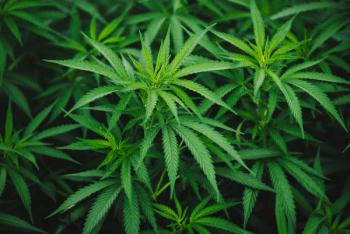
Two Studies Test the Link Between Cannabis Use and Symptoms of Psychosis
Two recent studies examined the link between cannabis use and increased psychosis among other mental health disorders, and some results reportedly contrasted with currently held notions.
Two studies published in April 2023 examined cannabis consumption as a factor in increased psychosis. The first study, published in the journal Psychiatry and Clinical Neurosciences, examined the link between cannabis use and psychotic disorders in people with a high risk of psychosis, noting the limited future studies on cannabis as a risk factor for developing psychosis (1). It also sought to study cannabis use and psychotic symptoms.
Using the using a version of the Cannabis Experience Questionnaire, this study assessed at baseline 334 individuals with a high risk of psychosis along with 67 healthy individuals. These participants were followed and their symptoms assessed for two years. The follow up found that 16.2% of the individuals who were at a high risk of developing psychosis did so, and of the individuals who did not become psychotic, about half had persistent symptoms and half were in remission (1).
“There was no significant association between any measure of cannabis use at baseline and either transition to psychosis, the persistence of symptoms, or functional outcome,” the researchers concluded (1). “These findings contrast with epidemiological data that suggest that cannabis use increases the risk of psychotic disorder.”
The second study, published in the journal Addictive Behaviors, aimed to test the hypothesis that high potency cannabis use would result in higher levels of anxiety, depression, psychosis-like symptoms, and cannabis dependence (2). For this cross-sectional study, the tetrahydrocannabinol (THC) concentration of cannabis from 410 participants was analyzed, and the potency preference of the participants was recorded.
While a preference for high potency cannabis was associated with a slightly increased risk of cannabis dependence, no association was found between THC concentration and cannabis dependence (2).
“There was weak evidence of a small association between cannabis potency and depression and anxiety,” the results stated (2). “There was no association between high potency cannabis preference or THC concentration in cannabis and psychosis-like symptoms.”
“Users of cannabis who preferred high potency types might be at increased risk of problematic cannabis use,” the researchers concluded (2). “This should be considered with caution as we were not able to triangulate these results with an objective measure of cannabis potency. More research is needed to understand the association between high potency cannabis use and depression and anxiety.”
References
- Chester, L. A.; Valmaggia, L. R.; Kempton, M. J.; Chesney, E.; Oliver, D.; Hedges, E. P.; Klatsa, E.; Stahl, D.; van der Gaag, M.; de Haan, L.; Nelson, B.; McGorry, P.; Amminger, G. P.; Riecher‐Rössler, A.; Studerus, E.; Bressan, R.; Barrantes‐Vidal, N.; Krebs, M. O.; Glenthøj, B.; Nordentoft, M.; Ruhrmann, S.; Sachs, G.; McGuire, P.; McGuire, P.; EU-GEI High Risk Study Group. Influence of Cannabis Use on Incidence of Psychosis in People at Clinical High Risk. Psychiatry and Clinical Neurosciences 2023.
https://doi.org/10.1111/pcn.13555 - Petrilli, K.; Hines, L.; Adams, S.; Morgan, C. J.; Curran, H. V.; Freeman, T. P. High Potency Cannabis Use, Mental Health Symptoms and Cannabis Dependence: Triangulating the Evidence. Addictive Behaviors 2023, 144, 107740.
https://doi.org/10.1016/j.addbeh.2023.107740
Newsletter
Unlock the latest breakthroughs in cannabis science—subscribe now to get expert insights, research, and industry updates delivered to your inbox.




